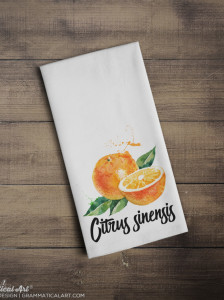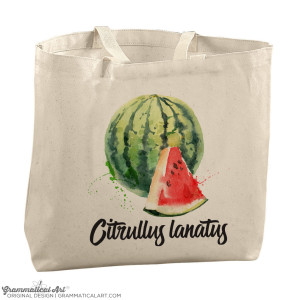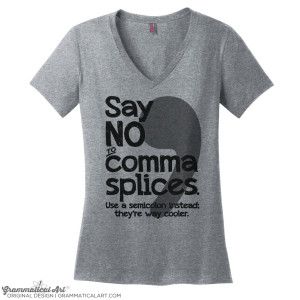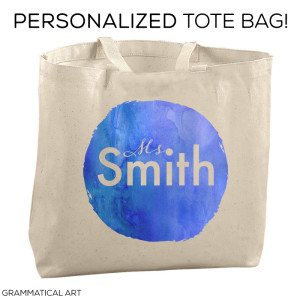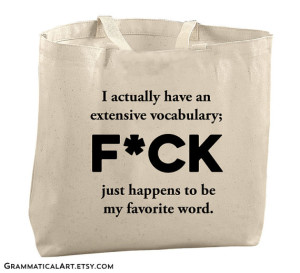GOTCHA! Thought this was going to be a holiday post, eh? Nope. The most wonderful time of the year is, in fact, when Grammatical Art puts up new merchandise! That’s right. Natalie has been hard at work adding brand new designs in addition to expanding some of her print designs for shirts, v-necks, and tote bags.
What’s brand new? Awesome tea towels and tote bags (designs are available on both) like these:
And designs that are now available on shirts and totes:
These are just a very small sampling of the 20+ new designs and styles. And yes, they are available just in time for the holidays (the second most wonderful time of the year)! We also have even more rolling out in the coming days and weeks.
Make sure to check back here for our upcoming Black Friday deals! This year’s are amazing.

